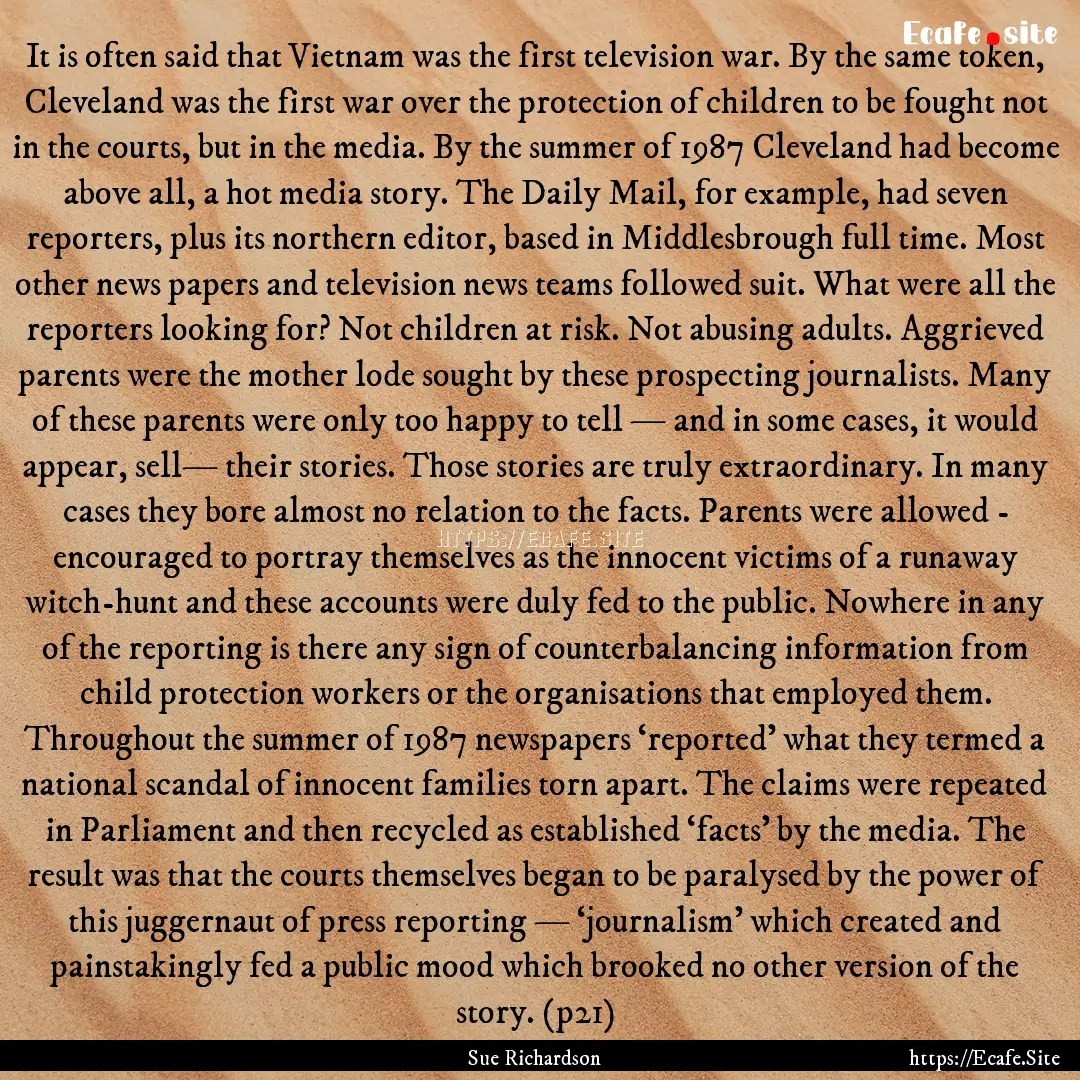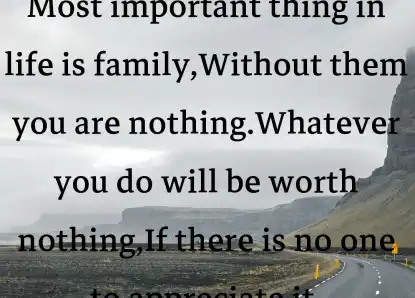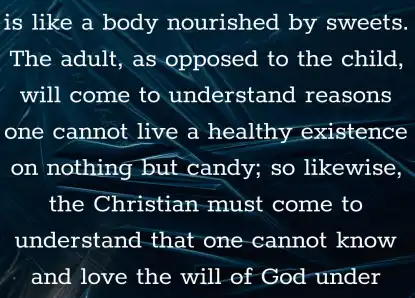
Report, if you have a problem with this page“ It is often said that Vietnam was the first television war. By the same token, Cleveland was the first war over the protection of children to be fought not in the courts, but in the media. By the summer of 1987 Cleveland had become above all, a hot media story. The Daily Mail, for example, had seven reporters, plus its northern editor, based in Middlesbrough full time. Most other news papers and television news teams followed suit. What were all the reporters looking for? Not children at risk. Not abusing adults. Aggrieved parents were the mother lode sought by these prospecting journalists. Many of these parents were only too happy to tell — and in some cases, it would appear, sell— their stories. Those stories are truly extraordinary. In many cases they bore almost no relation to the facts. Parents were allowed - encouraged to portray themselves as the innocent victims of a runaway witch-hunt and these accounts were duly fed to the public. Nowhere in any of the reporting is there any sign of counterbalancing information from child protection workers or the organisations that employed them. Throughout the summer of 1987 newspapers ‘reported’ what they termed a national scandal of innocent families torn apart. The claims were repeated in Parliament and then recycled as established ‘facts’ by the media. The result was that the courts themselves began to be paralysed by the power of this juggernaut of press reporting — ‘journalism’ which created and painstakingly fed a public mood which brooked no other version of the story. (p21) ”

Sue Richardson
From : Creative Responses to Child Sexual Abuse: Challenges and Dilemmas



